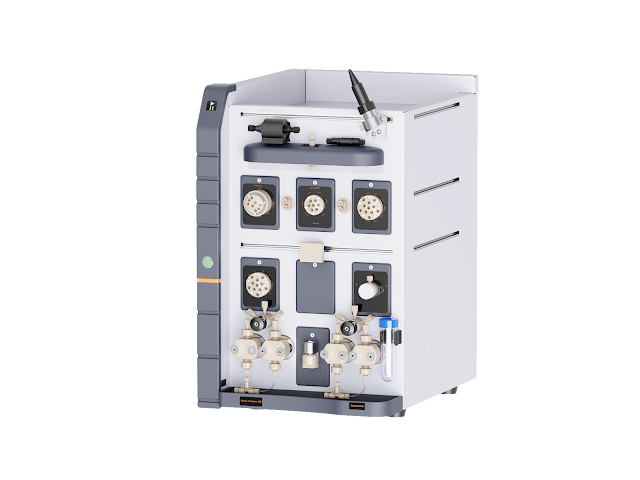Fast Protein Liquid Chromatography, commonly known as FPLC, is a form of liquid chromatography frequently used to analyze or purify mixtures of proteins. As a specialized type of chromatography, FPLC efficiently separates proteins based on their individual properties, such as size, charge, and hydrophobicity. This method is highly valued in research and industrial settings due to its precision, effectiveness, and versatility. FPLC has significantly advanced our understanding of protein structures and functions, playing a pivotal role in biotechnology, pharmaceuticals, and biochemistry. The method’s high-resolution capabilities make it an indispensable tool for scientists aiming to isolate proteins for various applications. Principles of FPLC Chromatography: The foundational principle of FPLC chromatography lies in its ability to separate proteins based on specific characteristics. A sample is passed through a column filled with stationary phase material in this process. The...
.jpg)

Comments
Post a Comment